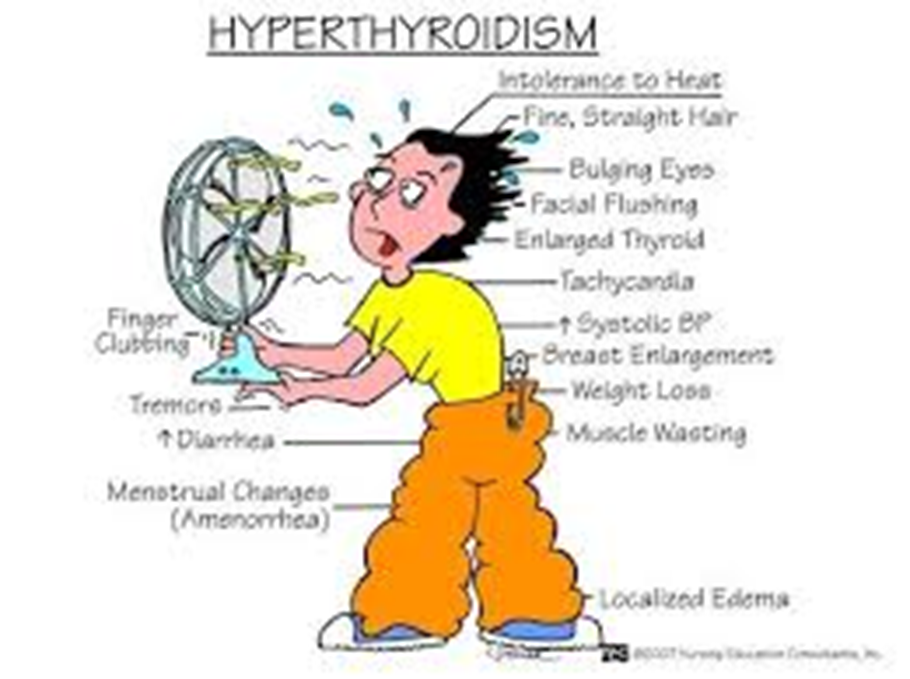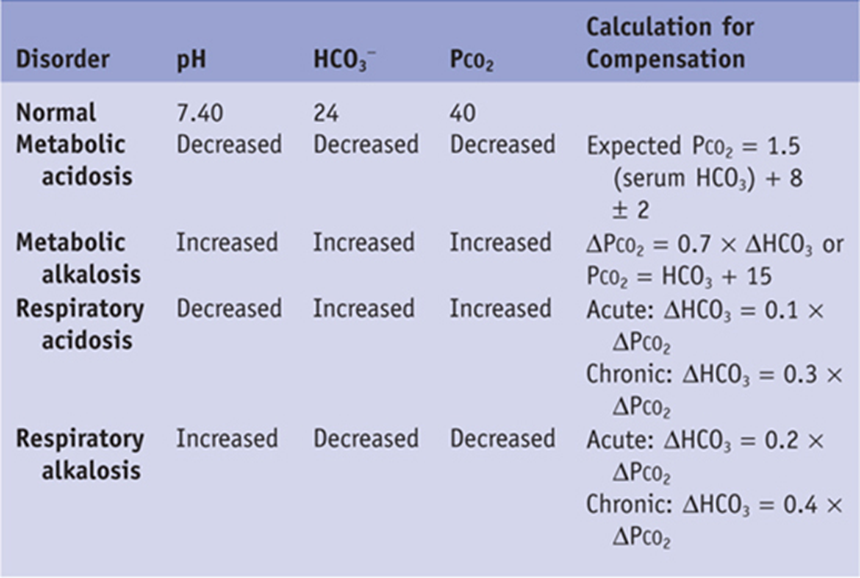The nurse is preparing to administer Insulin Lispro (Humalog) to a client with Type 2 Diabetes Mellitus for carbohydrate coverage. The nurse understands the injection should be administered:
with the meal
post-prandial
pre-prandial
AC/HS
The Correct Answer is A
A. With the meal:
Insulin Lispro is a rapid-acting insulin that is designed to be taken just before or with meals.
It helps control the rise in blood sugar that occurs after eating.
B. Post-prandial:
"Post-prandial" refers to after a meal. Insulin Lispro is usually administered before or with a meal to cover the increase in blood glucose that happens after eating.
C. Pre-prandial:
"Pre-prandial" refers to before a meal. This is accurate for Insulin Lispro, as it is given shortly before or with meals.
D. AC/HS:
"AC" stands for "ante cibum," which means before meals, and "HS" stands for "hora somni," which means at bedtime. This terminology is more commonly associated with the timing of oral medications rather than insulin.
Nursing Test Bank
Naxlex Comprehensive Predictor Exams
Related Questions
Correct Answer is C
Explanation
A. Development of a buffalo hump and moon face:
This is associated with Cushing's syndrome, a disorder characterized by prolonged exposure to high levels of cortisol.
B. Central obesity and purple striations:
Also indicative of Cushing's syndrome, where excess cortisol can lead to the accumulation of fat in the abdominal area (central obesity) and the development of purple stretch marks (striae).
C. Sudden weight loss without dieting:
This is more characteristic of hyperthyroidism, where the thyroid gland is overactive, leading to increased metabolism and unintended weight loss.
D. Positive Trousseau's sign when checking the client's blood pressure:
Trousseau's sign is associated with hypocalcemia and is seen in conditions affecting the parathyroid gland rather than the thyroid. It involves carpal spasm induced by inflating a blood pressure cuff above the systolic pressure for a few minutes.

Correct Answer is C
Explanation
A. pH 7.28, pCO2 36, HCO3 23:
Explanation: The pH is low, indicating acidosis. However, the pCO2 is within the normal range, which is not consistent with respiratory acidosis. The HCO3 is slightly low but not significantly, and this doesn't align with typical findings in respiratory acidosis.
B. pH 7.52, pCO2 28, HCO3 25:
Explanation: The pH is high, indicating alkalosis. The pCO2 is below the normal range, which is not consistent with respiratory acidosis. The HCO3 is within the normal range, and these values are not typical for respiratory acidosis.
C. pH 7.25, pCO2 50, HCO3 22:
Explanation: The pH is low, indicating acidosis. The pCO2 is elevated, which is typical in respiratory acidosis. The HCO3 is within the normal range, suggesting uncompensated respiratory acidosis.
D. pH 7.35, pCO2 40, HCO3 24:
Explanation: The pH is within the normal range, and both pCO2 and HCO3 are normal. These values do not indicate acidosis.

Whether you are a student looking to ace your exams or a practicing nurse seeking to enhance your expertise , our nursing education contents will empower you with the confidence and competence to make a difference in the lives of patients and become a respected leader in the healthcare field.
Visit Naxlex, invest in your future and unlock endless possibilities with our unparalleled nursing education contents today
Report Wrong Answer on the Current Question
Do you disagree with the answer? If yes, what is your expected answer? Explain.
Kindly be descriptive with the issue you are facing.
